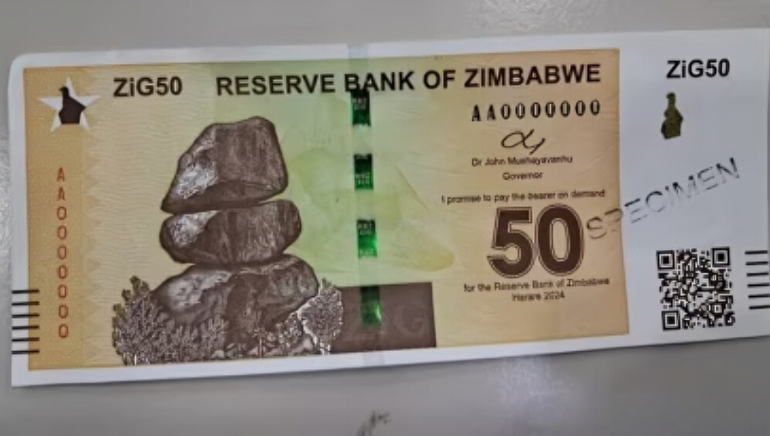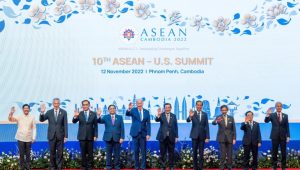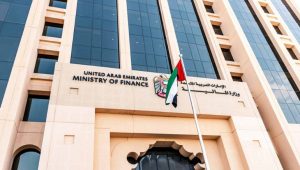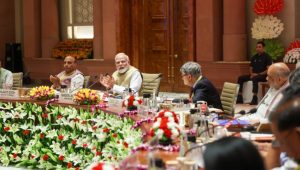The introduction of Zimbabwe Gold (ZiG), a new currency, intends to stabilise the country’s economy and reduce inflation. As far as the economy is concerned, Zimbabwe is navigating a challenging environment.
Before interacting with foreign financial institutions, the new currency must become fully functional. This explains the delay in concluding the staff-monitored programme with the IMF. However, numerous challenges endured, including the currency’s acceptance by unofficial marketplaces and the frequency of illicit commerce.
The remark made by Finance Minister Mthuli Ncube regarding the need to proceed slowly emphasises how crucial it is to guarantee the stability and effectiveness of economic policy. The government’s commitment to keep control over currency dynamics and stop illegal financial activity is reflected in the crackdown on black-market trading.
Furthermore, Zimbabwe’s commitment to pay off its external debt shows initiative in reestablishing contact with the global financial world. Seeking sponsors—especially from organisations such as the World Bank and African Development Bank—to reduce loan arrears demonstrates a will to work together and tackle persistent economic issues.
Despite certain obstacles, Zimbabwe seems to be making deliberate efforts to reconstruct its financial institutions and revive its economy.















